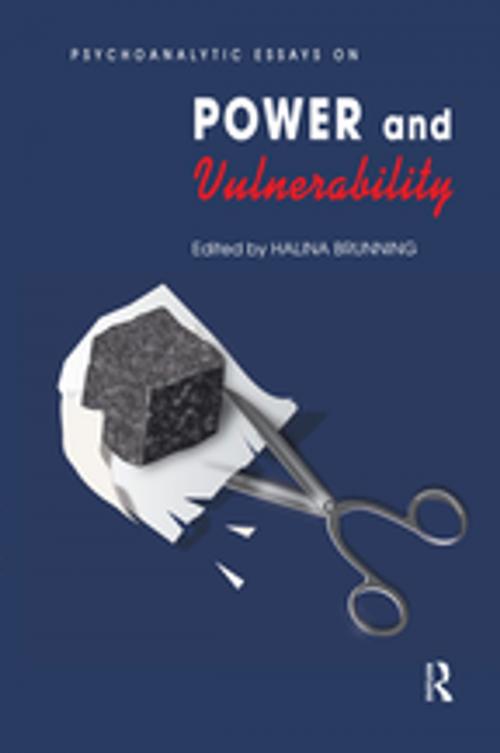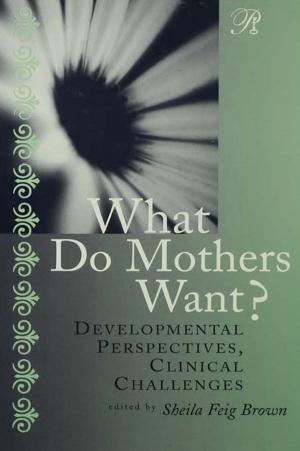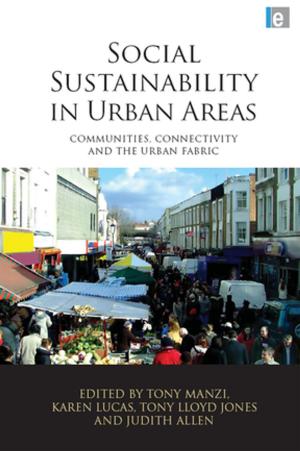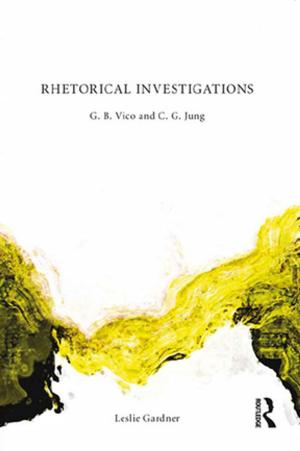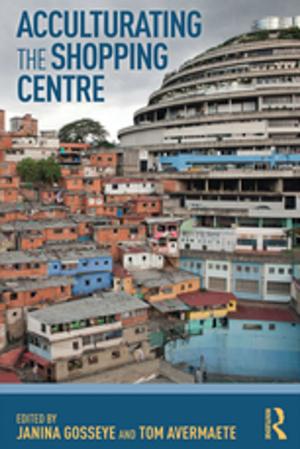Psychoanalytic Essays on Power and Vulnerability
Nonfiction, Health & Well Being, Psychology, Mental Health| Author: | Halina Brunning | ISBN: | 9780429917929 |
| Publisher: | Taylor and Francis | Publication: | April 24, 2018 |
| Imprint: | Routledge | Language: | English |
| Author: | Halina Brunning |
| ISBN: | 9780429917929 |
| Publisher: | Taylor and Francis |
| Publication: | April 24, 2018 |
| Imprint: | Routledge |
| Language: | English |
"This paper is based on research into European economics and politics on the basis of ten months travelling in ten countries, as well as on four workshops run in Europe. Two hypotheses will be explored: It is possible to discern psychodynamic evidence that unresolved humiliation trauma is being re-evoked and recycled by attempts to find solutions and cures through the tyranny of austerity measures. But the question will be asked whether these are “chosen trauma” (Volkan, 2010) which may be at the heart of the foundation matrix (Foulkes, 1973) of the European Community. The exploration of political and economic leadership in the crisis in the European Union builds on the notion of society as a large group proliferating crises of identity. From a systemic perspective it is possible to analyse the nation states of Europe protesting with regressive nationalism, refusing collaboration by engaging in economic warfare while at the same time attempting rescue packages. The protest could be seen as defensive denial of their humbling at the hands of the over-ambitious aspects of the European single currency project and the demise of the potency of the nation state. The concluding section reflects on these issues and tries to distinguish the recycling of humiliation trauma from defence against the experience of being humbled."
"This paper is based on research into European economics and politics on the basis of ten months travelling in ten countries, as well as on four workshops run in Europe. Two hypotheses will be explored: It is possible to discern psychodynamic evidence that unresolved humiliation trauma is being re-evoked and recycled by attempts to find solutions and cures through the tyranny of austerity measures. But the question will be asked whether these are “chosen trauma” (Volkan, 2010) which may be at the heart of the foundation matrix (Foulkes, 1973) of the European Community. The exploration of political and economic leadership in the crisis in the European Union builds on the notion of society as a large group proliferating crises of identity. From a systemic perspective it is possible to analyse the nation states of Europe protesting with regressive nationalism, refusing collaboration by engaging in economic warfare while at the same time attempting rescue packages. The protest could be seen as defensive denial of their humbling at the hands of the over-ambitious aspects of the European single currency project and the demise of the potency of the nation state. The concluding section reflects on these issues and tries to distinguish the recycling of humiliation trauma from defence against the experience of being humbled."
